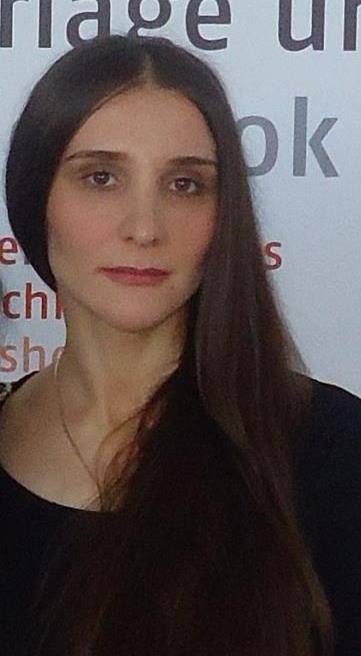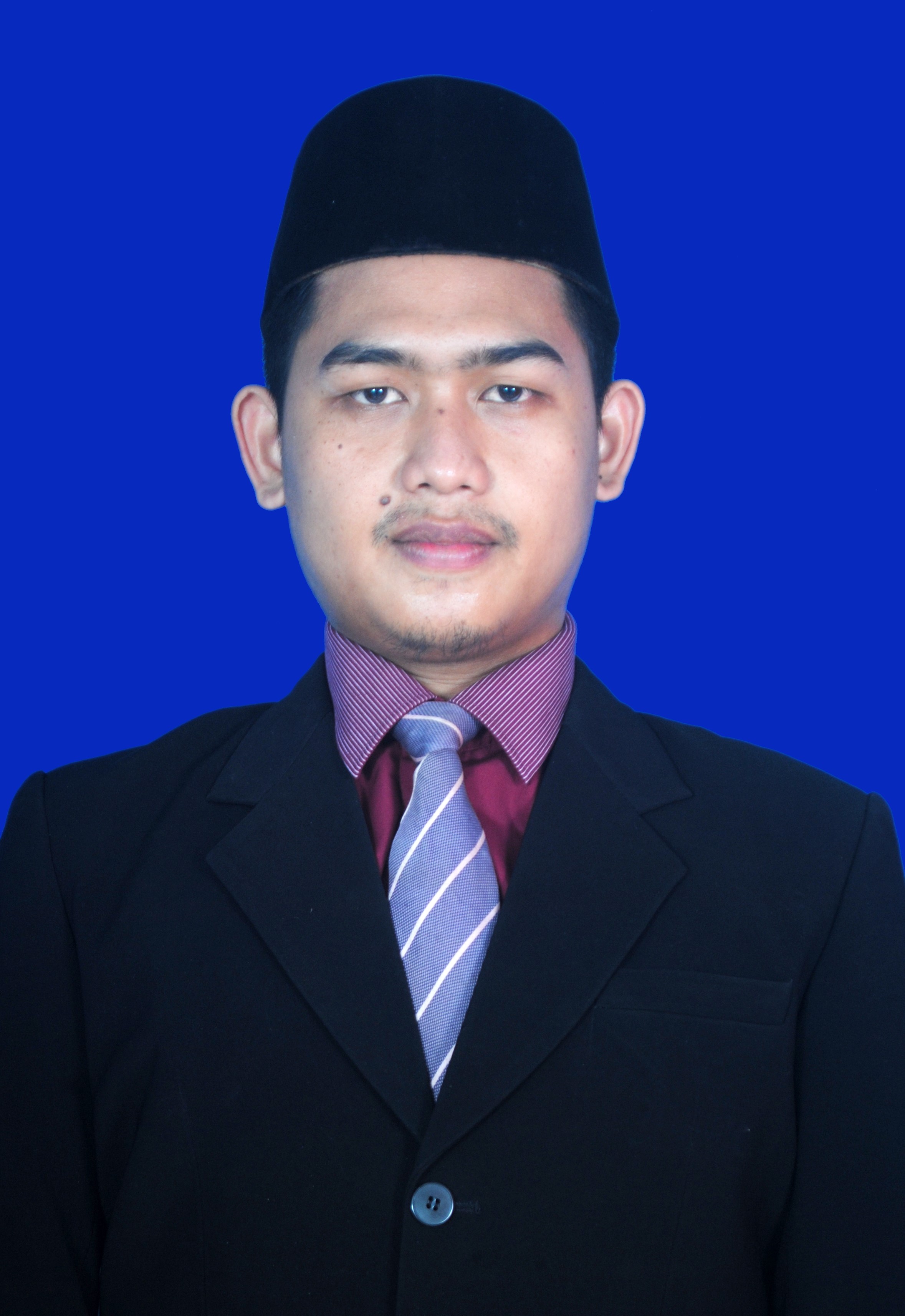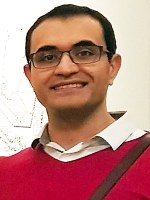DoktorandInnen und Fellows
DoktorandInnen
Leila Armanious
E-Mail: leila_armanious@outlook.de
|
Abstract
In den meisten islamisch geprägten Gesellschaften ist eine Eheschließung die einzige Möglichkeit, eine von Staat und Gesellschaft anerkannte zwischengeschlechtliche Beziehung zu führen – so auch in Ägypten. Durch verschiedene sozioökonomische, rechtliche und politische Entwicklungen sieht sich die „konventionelle“ offizielle Eheschließung jedoch vermehrt von unkonventionelleren und informellen Beziehungsformen bedroht. Die hierbei wohl bekannteste und gleichzeitig umstrittenste Alternative ist die so genannte curfī-Ehe – eine staatlich weder registrierte noch beurkundete Ehe, der oft vorgeworfen wird, insbesondere von Studenten zur Legitimation eines geheimen sexuellen Verhältnisses benutzt zu werden. Während sich bisherige Forschungen vorwiegend mit den Gründen sowie den (rechtlichen) Folgen dieser Ehen auseinandersetzten, hat dieses von der Gerda-Henkel-Stiftung geförderte Dissertationsprojekt die Erforschung der Eheschließungen selbst zum Ziel.
Johannes Bork
E-Mail: johannes.bork@live.de
|
Abstract
Die Vorstellung einer dichotomen Teilung der Welt in ein Gebiet des Islam (dār al-islām) und ein Gebiet des Krieges (dār al-ḥarb) entstand bereits in der Frühzeit des islamischen Rechts (8./9. Jh.) und übte trotz wandelnder politischer Voraussetzungen nachhaltigen Einfluss auf die Entwicklung von islamischen Völkerrechtskonzepten aus.
Anhand juristisch-theologischer Schriften islamischer Rechtsgelehrter soll zunächst ein exemplarischer Überblick über Genese und Entwicklung des Konstrukts in der islamischen Geschichte gegeben werden. Einen Schwerpunkt bildet die Phase seit der Mitte des 19. Jahrhunderts, als verschiedene Entwicklungen (z.B. Kolonialismus, Globalisierung) diese Vorstellung verstärkt herausforderten und nach neuen Interpretationsmustern verlangten.
In diesem Kontext wird untersucht, welche Relevanz zeitgenössische islamische Rechtsgelehrte unterschiedlicher Provenienz dieser Vorstellung noch zugestehen und mit welcher Argumentationsweise sie ihre Position stützen, um so eine Synopse des heutigen heterogenen Meinungsspektrums zu bieten.
Anne-Marie Brack
E-Mail: anne-marie.brack@web.de
Betreut von: Dr. Tim Epkenhans
Ady Candra
| E-Mail: candraady2007@gmail.com Betreut von: Prof. Dr. Johanna Pink Arbeitstitel Adapting Indonesian Islam to the Gulf: An Ethnographic Study of Indonesian Imams in Qatar |
Abstract
The research studies how Indonesian Islam adapts itself to the Gulf religious context. The main question asked is how do Indonesian Imams - with diverse backgrounds and interpretations of Islam – adapt and renegotiate their religious identities after migrating into the Salafi-based cultural and religious context of Qatar? It relies mainly on ethnographic study of Indonesian Imams who were recruited to conduct “religious work” in the state of Qatar. The in-depth study of Indonesian Imams in Qatar highlights how Indonesian Islam and the Gulf religious context interact with each other and how the migration into a different socio-religious context deeply impacts on the negotiation of religious practices and even beliefs of a particular culture. This research expects to contribute and fill the gap currently exists in the interaction between two Islamic cultures and migration studies.
Short Biography
Ady Candra is a recent graduate of the MA program in the Study of Contemporary Muslim Thought and Societies at Faculty of Islamic Studies, Hamad bin Khalifa University, Doha, Qatar. Prior to this, he completed a Postgraduate Diploma in Islamic Studies at the same university and a Bachelor’s degree in Arabic language and Islamic Studies in Indonesia.
Abounacer Chekhar
E-Mail: nacer37@gmail.com
Betreut von: Prof. Dr. Ulrich Rebstock
Nina Heinz
E-Mail: nina.heinz@gmx.net
Betreut von: Prof. Dr. Ulrich Rebstock
Fadhi Lukman
E-Mail: fadhli.lukman@orient.uni-freiburg.de
|
Biographie
Fadhli Lukman is a Madrasah and Islamic Studies Student. He has had Islamic sciences background since he was in Madrasah Sumatera Thawalib Parabek and further continued to Bachelor and Master degrees in Sunan Kalijaga State Islamic University Yogyakarta in Qur’an and Exegesis Studies. His works mainly deal with ‘Ulum al-Qur’an and exegesis studies. He has several publications in journals in Indonesia and presented in several conferences. His last conferences were International Conference New Trends in Qur’anic Studies co-hosted by UIN Sunan Kalijaga and IQSA on 4-6 August 2016 and 6th Joint International Conference and Graduate Workshop in Islamic Studies Revisited: Trends in the Study of Islam and Muslims Society on 28 October 2016 in which he presented about Qur’anic identity building in its formative period. Now he is working on Qur’anic Translation of Kementrian Agama Republik Indonesia with Prof. Dr. Johanna Pink in Orientalisches Seminar Albert-Ludwigs Universitat Freiburg.
Ali Mohammad Moradian
E-Mail: am_moradian@yahoo.de
Betreut von: Prof. Dr. Tim Epkenhans
Lana Mzhavia
 |
|
Mohamed Oucharah
E-Mail: montagne@hotmail.de
Betreut von: Prof. Dr. Ulrich Rebstock
Valerio de Vito
 |
|
This research is essentially the follow-up of my Licentiate thesis which dealt with the “Verse of the Sword” (Q. 9, 5) in the Tafsīr al-manār. The aim will be to holistically and critically analyse and possibly to put into perspective the complex reply given by the Tafsīr in regard to the issue of Islamic warfare, in order to evaluate the theological structure, historical background and intellectual sources. Specifically, it will be interesting to gauge the methodology and internal consistency of the Tafsīr, in order to gain a profound and structured understanding of the complex reformist movement, which influenced Islamic thinking at a pivotal moment of history. Finally, it will be important to assess to what extent the two reformists re-introduced classical ideas or whether their thought represents effectively a new step forward in Islamic theological thinking.
Short Biography
Valerio is Italian and Swiss, holds an A-Level (Schaffhausen- Switzerland, 1988), a MBA (Montpellier-France, 1993), a M.A. in Economics (Modena-Italy, 1994), a B.A. in Theology and a M.Th. (Lugano-Switzerland, respectively 2012 and 2016) and a Licencia Studiorum Arabicorum et Islamicorum (Rome-Italy and Cairo-Egypt, 2015). Professionally, he has been, for ten years, Vice President and Head of Investments for a Tier-1 German Bank in Lugano-Switzerland.
Jannic Wöhrle
E-Mail: jwoehrle@web.de
|
Mu’ammar Zayn Qadafy
 | E-Mail: muammar.zayn.qadafy@orient.uni-freiburg.de
|
Abstract:
Many scholars today perceived an increased need of reading the Qur’an chronologically (al-tafsir al-nuzuli), not only in order to produce a readable holy book in its historical chronology, but also to reveal the shift in meaning of several of its key terms from one period to another. Focusing on six of the most debated suras in this context (al-Fatihah, al-Ra’d, al-Rahman, al-Mutaffifin, al-Falaq, al-Nas), the research aims to identify, map and classify types of theorization of Meccan and Medinan verses of the Qur’an.
Short Biography
After having finished his six-year-program at a Pesantren (traditional Islamic boarding school) in East Java, Mu’ammar Zayn Qadafy obtained both BA and MA degrees in Qur’anic studies from the Sunan Kalijaga University in Yogyakarta, Indonesia. During this time, he also continued studying Islam in another Pesantren at Krapyak. Since then, he has been academically interested in the connection between the Qur’an and the formative period of Islam. He wrote his master thesis on “the epistemology of the Macro Sababun Nuzul”. His four years of study for his PhD degree in Freiburg which he started in April 2017 are funded by the Indonesia Endowment Fund for Education (LPDP).
Fellows
Kameliya Atanasova
E-Mail: kameliya.atanasova@gmail.com
|
Abstract
In my dissertation, which I am completing at the University of Pennsylvania, I study the concept of the Sufi in the works of one of the most prolific Ottoman authors and Jilwati Sufi shaykhs, Ismail Hakki Bursevi (1653-1724).
As a DAAD Fellow at the University of Freiburg this summer, I will work with Qur’ānic tafsīr expert Prof. Dr. Johanna Pink to conduct a close study of one of the most important and extensive Qurʼānic commentaries of the early-modern period, Bursevi’s Kitāb tafsīr al-Qurʼān musammā bi-rūḥ al-bayān (widely known as Rūḥ al-bayān), which I will read along with sections from his smaller commentary Mirāʼat al-ḥaqāʼiq. My study will engage in the broader scholarly conversation about the place of textual commentaries in the Islamic intellectual tradition.
Dr. Majid Daneshgar
 | University of Otago
|
Project
In this study, the approach to Shi‘i textual materials in the Malay-Indonesian World is considered. This project will examine the process of censorship from the 19th century onwards in two important genres of written sources used by Malays, i.e. popular Islamic literature and Qur’anic commentaries. This interdisciplinary study bridges the religion, history, politics and culture of the Middle Eastern and Malay-Indonesian worlds.
Short Biography
Majid Daneshgar studied Religion with particular reference to the connection between Islamic intellectual and exegetical progress in the nineteenth and early twentieth centuries. He is also interested in Malay-Indonesian Islamic literature and exegetical works. He completed his PhD at the University of Malaya where he also worked as Assistant Professor of Religion and Islamic Studies. Later on, he worked as a lecturer at the University of Otago, New Zealand, where he was nominated for the Most Inclusive Teacher Award in 2015. Majid also received the Auckland Library Heritage Trust Scholarship in 2017 by which he could compile the Catalogue of the Middle Eastern and Islamic Materials in New Zealand. This project will be published in the near future.
Muhammad Zubair
Assistant Professor |

